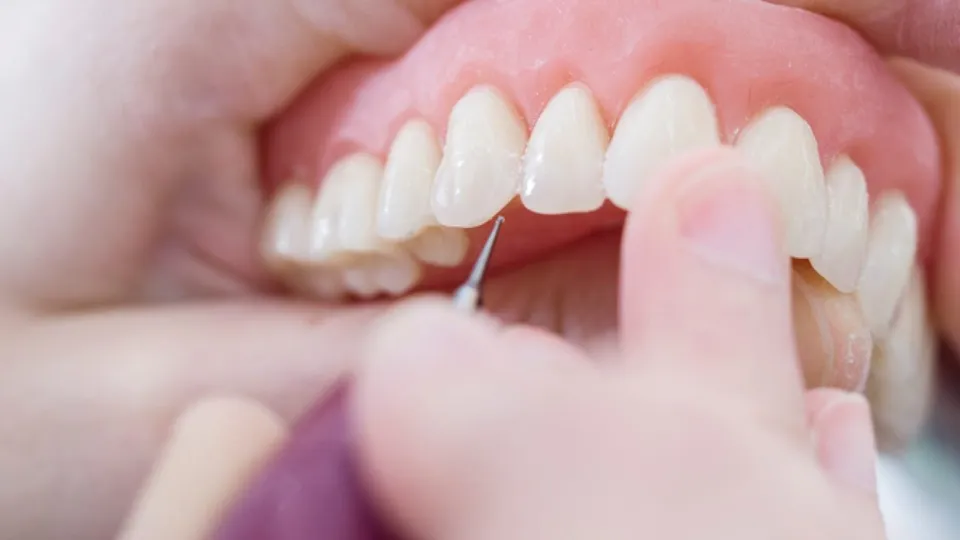If you are missing one or more of your teeth, you usually have three options for dentures, and they include the following:
Dental implants, fixed bridges, removable partial dentures (RPD).
All these three options help you to perform normal dental functions (chewing and speaking), prevent existing teeth from shifting, and improve the appearance of your smile to varying degrees. Depending on your needs and desires, RPD may also be a good option for long-term or temporary measures.
Why You Should Consider Using Dentures for Your Teeth Replacement
Dentures have been used for many years to replace missing, decayed, or diseased natural teeth. Using dentures not only gives you a natural and bright smile but also prevents the negative consequences of tooth loss, such as tooth pain. This teeth replacement type involves a removable denture consisting of false teeth (usually porcelain or plastic) attached to a pink or gum-colored acrylic (plastic) base and connected by a metal framework that holds the denture in place in the mouth.
What Types of Dentures Can You Find Today?
Different types of dentures are available in modern dentistry known as full dentures, partial dentures, standard dentures, immediate dentures, and overdentures, and each of these options are customized to meet specific individual needs. However, it is best to consult a professional before picking a choice. Your prosthetics can suggest which type of brace is best for you. Let’s take a look at the types of partial dentures, the pros and cons of partial dentures, and how to care for your mouth so you don’t lose teeth with partial dentures.
Advantages
- Changes in tooth spacing can cause a variety of problems, including temporomandibular joint and muscle disorders that can lead to acute or chronic ear pain, headaches, difficulty in jaw movement, dizziness, and more. Dentures prevent these problems by keeping the remaining natural teeth in place.
- With the advent of high-tech cosmetic dentistry, dentures now look more natural and provide a more beautiful smile.
- Dentures are made from a very durable material that will last a long time with proper care.
- Dentures strengthen your muscles, fill your face, and give you confidence. It also helps prevent sagging and dimples on your face by supporting your lips and cheeks.
Cons
- Bone loss occurs at the site of the missing tooth and can affect adjacent teeth over time.
- If you lose your abutment teeth, you may need new partial dentures.
- Getting used to new dentures takes some time and often requires several adjustments to the appliance.
- Removable artificial teeth, and dentures always require fixatives such as adhesive pastes or wafers to stay in place.
- Application of adhesives is generally not a pleasant experience as the pasty mass not only causes an unpleasant sensation in the mouth but also an unpleasant taste. Also, the connection between the gums and dentures is not always stable, and when you smile, cough, or eat, your dentures often slip or move, causing discomfort and often in public places.
Conclusion
If you’re considering removable partial dentures, ask your dentist for a full check-up to check the health of all your teeth. This will help you to make an informed decision on the type to go for. Your dentist will also help you in this decision-making process.









